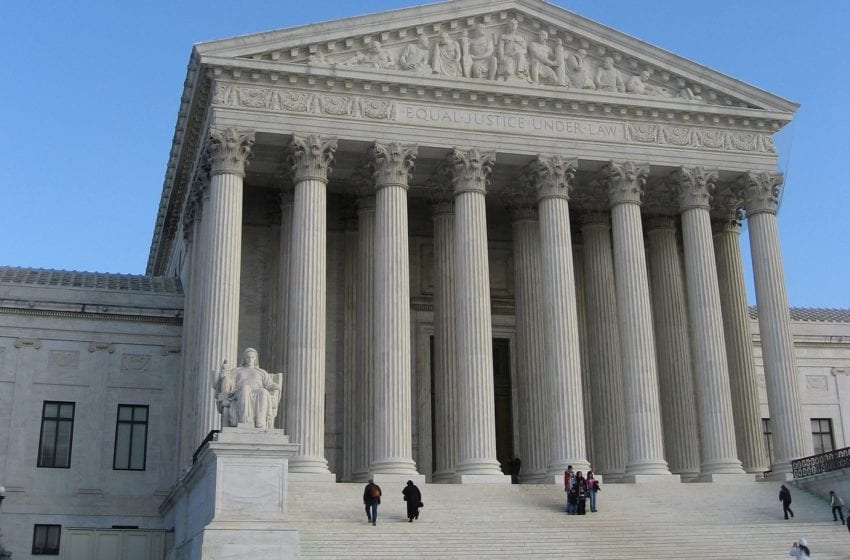The litigants in two lawsuits challenging the constitutionality of the the U.S. Food and Drug Administration’s (FDA) Deeming Rule for vapor products have asked the Supreme Court of the United States (SCOTUS) to take up the cases.
The cases are Big Time Vapes, Inc., et al. v. FDA, and Moose Jooce, et al. v. FDA.
Attorneys for the plaintiffs in the Moose Jooce case filed a petition for writ of certiorari, a request to have the U.S. Supreme Court consider the case. On February 26, 2021, the Moose Jooce challengers filed their petition asking the Supreme Court to take up questions related to their challenge to the Deeming Rule under the “Appointments Clause” in Article II, § 2 of the Constitution.
The plaintiffs claim that FDA acted improperly because the person that issued the deeming regulations was not qualified to do so per the Appointments Clause. In this case, the rule was issued by Leslie Kux, the associate commissioner for policy, and not the commissioner himself, according to an attorney for Troutman Pepper.
FDA has argued that the commissioner—in both 2016 and 2019—ratified the regulations. Both the U.S. District Court for the District of Columbia and the U.S. Court of Appeals for the District of Columbia have ruled against plaintiffs in the Moose Jooce case. The district court and court of appeals held that these circumstances did not render the Deeming Rule invalid. The plaintiffs are represented by the Pacific Legal Foundation.
In the Big Time Vapes case, the challengers petitioned the Supreme Court for a writ of certiorari on December 18, 2020. The case involves the claim that the statute purportedly authorizing the Deeming Rule is an unconstitutional delegation of Congress’ legislative power.
The challengers in the Big Time suit initiated their case in the U.S. District Court for the Southern District of Mississippi. The court granted the FDA’s motion to dismiss and denied the challengers’ motion for preliminary injunction and the Fifth Circuit affirmed the decision.
There is no guarantee that the Supreme Court will take up these cases. According to the Administrative Office of the U.S. Courts, the court accepts 100-150 of the more than 7,000 requests it receives each year.
The FDA will have the opportunity to respond to the challengers’ petitions before the Supreme Court acts on them. Review “is not a matter of right, but of judicial discretion,” and the petitions “will be granted only for compelling reasons.”
Currently, vapor businesses are still subject to the Deeming Rule.



